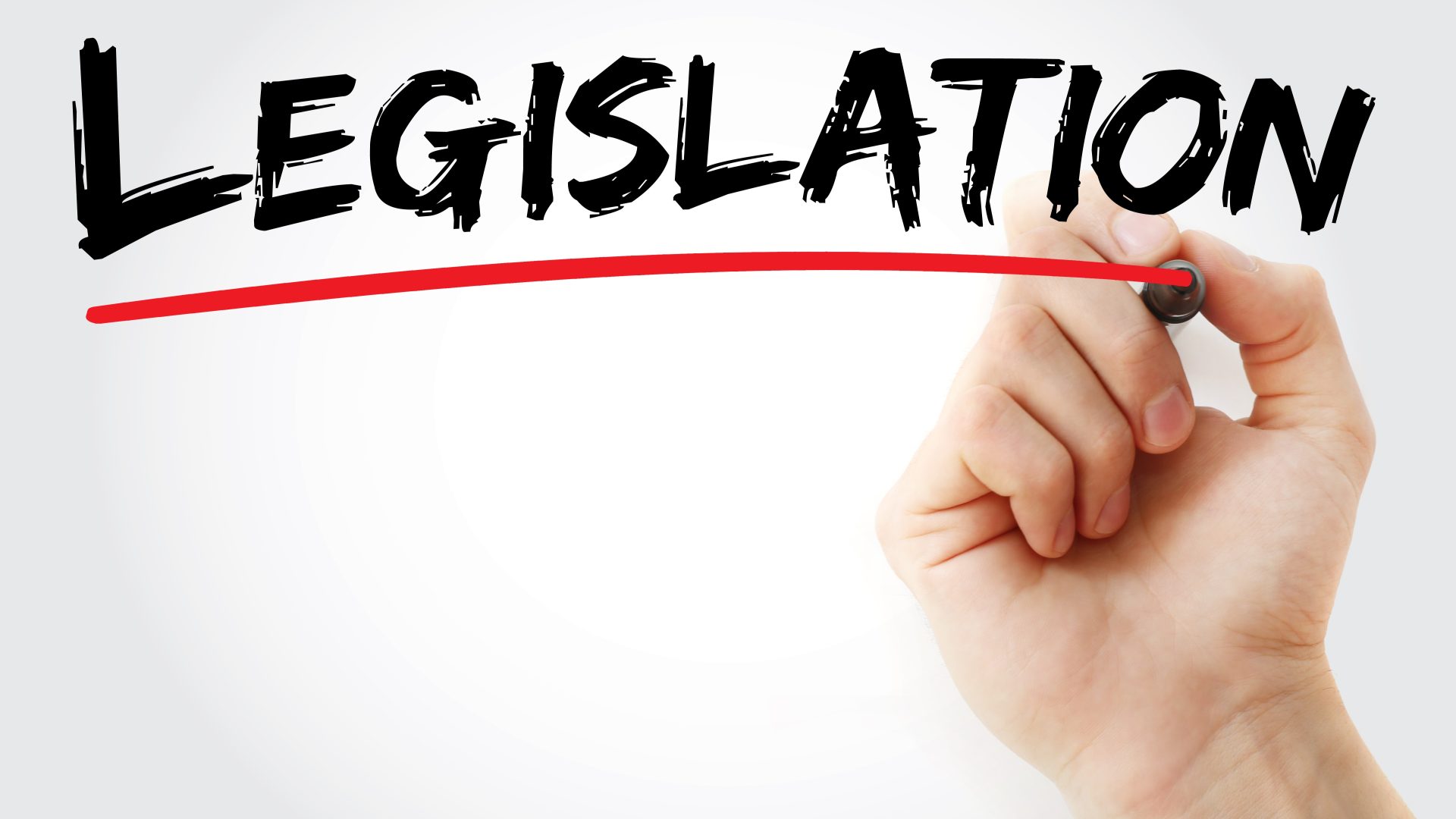Major legislation to crack down on water bosses polluting Britain’s rivers, lakes and seas has been set out and includes the most significant increase in enforcement powers in a decade.
The Water (Special Measures) Bill has been introduced to parliament and will give regulators new powers to take tougher and faster action to crack down on water companies damaging the environment and failing their customers.
The introduction of the Bill comes as Secretary of State Steve Reed is set to deliver a speech at Thames Rowing Club on Thursday 5th September to representatives from the water industry, investors, environmental groups and campaigners setting out his plans to transform the water sector.
The Bill delivers on the manifesto pledges to clean up the water sector, including significantly increasing the ability of the Environment Agency to bring forward criminal charges against law-breaking water executives. It will create new tougher penalties, including imprisonment, for water executives when companies fail to co-operate or obstruct investigations.
The new legislation will also ban the payment of bonuses to water bosses if they fail to meet high standards to protect the environment, their consumers and their company’s finances.
Other measures in the Bill include severe and automatic fines for a range of offences, including allowing regulators to issue penalties more quickly, without having to direct resources to lengthy investigations. It will also introduce independent monitoring of every sewage outlet, with water companies required to publish real-time data for all emergency overflows. Discharges will have to be reported within an hour of the initial spill.
Secretary of State for Environment, Food and Rural Affairs, Steve Reed, said:

“The public are furious that in 21st century Britain, record levels of sewage are being pumped into our rivers, lakes and seas. After years of neglect, our waterways are now in an unacceptable state.
“That is why today I am announcing immediate action to end the disgraceful behaviour of water companies and their bosses.
“Under this Government, water executives will no longer line their own pockets whilst pumping out this filth. If they refuse to comply, they could end up in the dock and face prison time.
“This Bill is a major step forward in our wider reform to fix the broken water system. We will outline further legislation to fundamentally transform how the water industry is run and speed up the delivery of upgrades to our sewage infrastructure to clean up our waterways for good.”
Measures in the Bill
Bring criminal charges against persistent lawbreakers, including imprisonment
- Since privatisation, only 3 individuals have been criminally prosecuted by the Environment Agency without appeal despite widespread illegality.
- The Bill will significantly increase the ability for the Environment Agency to bring forward criminal charges against law-breaking water executives.
- The Bill creates new tougher penalties including imprisonment for water executives when companies fail to co-operate or obstruct Environment Agency and Drinking Water Inspectorate investigations. Previously, the maximum punishment for most cases of obstruction was merely a fine. We will increase sentencing powers to include imprisonment, with offences triable in both the Crown and Magistrates’ Court.
- In addition, the cost recovery powers of regulators will be expanded to ensure that water companies bear the cost of enforcement action taken in response to their failings. The Environment Agency will undertake a consultation on the implementation of these new powers.
Ban the payment of bonuses to executives of water companies
- Despite overseeing catastrophic failure, water chief executives have paid themselves over £41m in bonuses, benefits and incentives since 2020.
- This Bill will give Ofwat powers to ban the payment of performance-related pay including bonuses to chief executives and senior leadership of water companies unless they meet high standards when it comes to protecting the environment, their consumers, financial resilience and criminal liability.
- We will go further by requiring Ofwat to set rules requiring water companies to appoint directors and chief executives and allow them to remain in post only when they meet the highest standards of ‘fitness and propriety’, and to ensure customers are involved in company decision-making.
Introduce severe and automatic fines for offences
- Currently, the regulators have to conduct lengthy investigations to the criminal standard of proof (“beyond reasonable doubt”) before they can impose financial penalties, even for minor to moderate offences. They cannot impose Fixed Monetary Penalties for most water sector offences and the current maximum penalty is just £300. This means it is not cost effective for regulators to impose financial penalties for frequent, more minor offences.
- The Bill closes the gap in the Environment Agency’s enforcement powers by lowering the standard of proof to the civil standard (“on the balance of probabilities”) and enabling Fixed Monetary Penalties to be imposed as Automatic Penalties for specific offences – allowing regulators to issue penalties more quickly, without having to direct resources to lengthy investigations.
- The list of water industry offences that will be subject to Automatic Penalties will include pollution offences, failure to comply with information requests and reporting requirements, and water resource offences.
- These offences and the increase in the value of the penalties (from £300) will be set out in secondary legislation, following consultation.
Ensure independent monitoring of every outlet
- Emergency sewage overflows are not currently fully monitored.
- To make it easier and quicker for regulators to investigate and punish wrongdoing, water companies will be required to publish real-time data (within an hour) for all emergency overflows in England in a clear, accessible format. This will create an unprecedented level of transparency, enabling the public and regulators to see what is going on and hold water companies to account.
- This data will be independently scrutinized by the regulators and used as evidence in their investigations.
Wider measures in the bill to strengthen regulation
- To further increase transparency around water company operations, there will be a new statutory requirement for water companies to publish annual Pollution Incident Reduction Plans, setting out steps they are taking to address their pollution incidents to ensure that, wherever possible, they do not happen again.
Wider water sector reform
The introduction of this Bill is the next step in the Government’s three stage approach as the work begins to clean up our waterways.
- Reset: Within a week into office, the Environment Secretary secured agreement with Ofwat to ringfence funding for vital infrastructure upgrades and to ensure this can only be spent on upgrades benefiting customers and the environment. Ofwat will also ensure that when money for investment is not spent, companies refund customers, with money never allowed to be diverted for bonuses, dividends or salary increases.
- Special Measures: Now the Government is introducing its first piece of water legislation to strengthen the power of water industry regulators and to drive meaningful improvements in the performance and culture of the water industry, as a first important step in enabling wider, transformative change across the water sector.
- Further legislation: The Government will outline further legislation to fundamentally transform how the nation’s water system operates to tackle pollution and deliver a resilient water supply, boost investment and speed up infrastructure upgrades to clean up the nation’s waterways.



